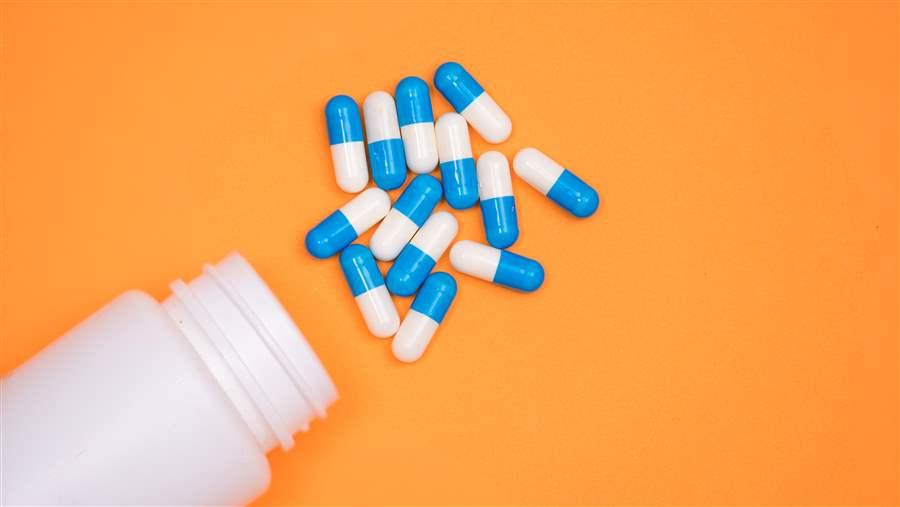FDA Releases Draft Guidance on Antibiotic Policies under the GAIN Act
Documents assess implementation progress and detail how drugmakers qualify for available incentives
The emergence of alarming and unusual types of resistant bacteria around the world underscores the need for new antibiotics to treat patients with serious and life-threatening infections. Yet there are too few drugs in development to meet anticipated patient needs, and many major pharmaceutical companies have abandoned efforts to develop new antibiotics.
To boost the economic incentives for drugmakers, Congress passed the Generating Antibiotic Incentives Now (GAIN) Act in 2012. The U.S. Food and Drug Administration (FDA) recently released draft guidance to help clarify which products can be designated as qualified infectious disease products (QIDP), and therefore be eligible for benefits included under GAIN. The agency also released a progress report on the development and approval of new antibiotics.
About the GAIN Act
The Pew Charitable Trusts advocated for passage of the Generating Antibiotic Incentives Now (GAIN) Act, which extends by five years the period of exclusivity during which certain products can be sold without generic competition.
These qualified infectious disease products (QIDPs) are defined in the statute as “antibacterial or antifungal drug[s] for human use intended to treat serious or life-threatening infections.” The additional five years increases the potential for profits from new antibiotics by giving innovative companies more time to recoup their investment costs.
The 2012 law also:
- Ensures that QIDP-designated products can receive fast track and priority review status, and therefore an expedited FDA regulatory review process.
- Requires additional and/or updated clinical trial guidance, which FDA finalized last summer.
- Requires a list of pathogens that pose a threat to public health, which FDA finalized in 2014.
While FDA’s report indicates that GAIN has contributed to new antibacterial drug development, it acknowledges that the pipeline remains “fragile” and that the drugs that have received QIDP designation to date have limitations. Among the issues cited are:
- A lack of novel approaches. Many of the qualifying products have been already-approved drugs developed with modifications, such as a new dosage form. Such modifications can be helpful, but entirely new types—or “classes”—of drugs are also needed to overcome resistance.
- Unclear benefits for patients with unmet medical needs (such as those with few or no viable treatment options). FDA writes that “additional experience with GAIN is needed to determine whether the products that benefit from GAIN also address the unmet needs of patients.”
In the near term, the draft guidance clarifies key information related to QIDP designations, such as how broadly they should be applied and details related to exclusivity. Pew urges the document’s swift finalization. However, no single piece of legislation can overcome the various obstacles to antibiotic development on its own.
Scientific and economic barriers persist. New and continued efforts beyond GAIN are needed to successfully combat antibiotic-resistant bacteria. FDA should follow through on its own recommendation to explore whether changes can be made to further encourage more development of truly novel drugs. The agency also should continue to work to find ways—through changes to GAIN incentives or other mechanisms—to better help those patients in most dire need of new treatment options.
Elizabeth Jungman directs The Pew Charitable Trusts’ work on public health.









